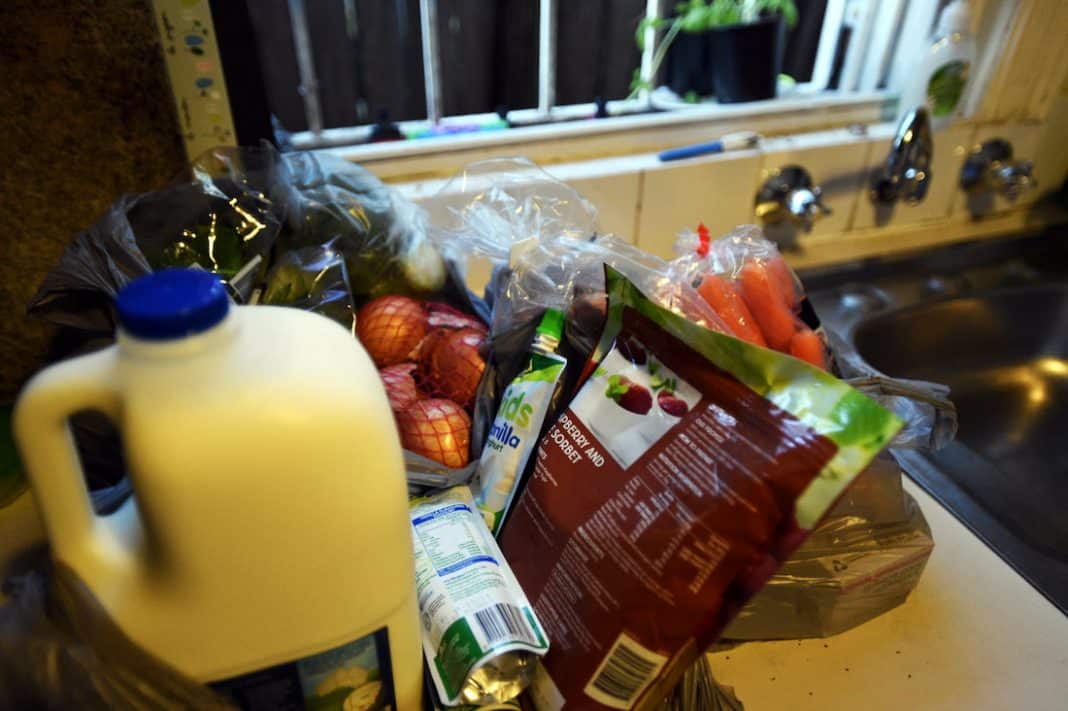Millions of Australians are skipping meals or eating low-quality food as cost of living and other pressures drive more people into food insecurity, prompting an urgent call to action.
Contributing to the largely unseen issue are recent floods and the COVID-19 pandemic that left many people unemployed and without government benefits.
A group of 18 academics have formed the Australian Household Food Security Data Coalition and on Wednesday renewed calls for the government to collect more data to help tackle the issue.
More than two million, or one in five Australian households, are experiencing severe food insecurity, based on research released last year by hunger relief charity Food Bank.
Young people and single parent households are most at risk, as well as renters, the unemployed and low income earners, the online survey of 4024 people revealed.
The report is the main source of data on food insecurity in Australia.
Urban geographer and senior lecturer at Macquarie University Miriam Williams, who is part of the coalition, said the Food Bank report was more comprehensive than past research but fell short of painting the whole picture.
Canada, the US and UK all conduct yearly government surveys to monitor food insecurity, but Australia does not.
“In Australia we’re reliant on Food Bank, which does a really great job of filling the gaps … but we don’t have the full picture of food insecurity in Australia without data being collected,” Dr Williams said.
On paper, Australia is one of the most food secure countries in the world, with 72 per cent of agricultural output sent overseas.
Dr Williams said, in practice, food insecurity means households not having enough money to cover their usual grocery bills, leading parents to skimp on meals some days, buying low-cost food with less nutritional value such as fast food, or going without eating.
Data from an upcoming physical activity and health survey by the Australian Bureau of Statistics will ask 10 questions on food insecurity, but won’t measure the effect on children and results won’t be available until late 2024-25.
“What we need is a comprehensive food plan to ensure everyone has access to healthy, affordable, sustainable and culturally appropriate food across Australia,” Dr Williams said.
Get local, national and world news, plus sport, entertainment, lifestyle, competitions and more delivered straight to your inbox with the Canberra Daily Daily Newsletter. Sign up here.



